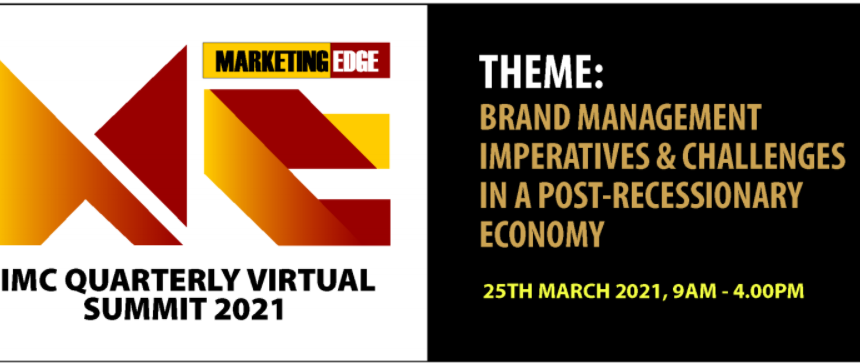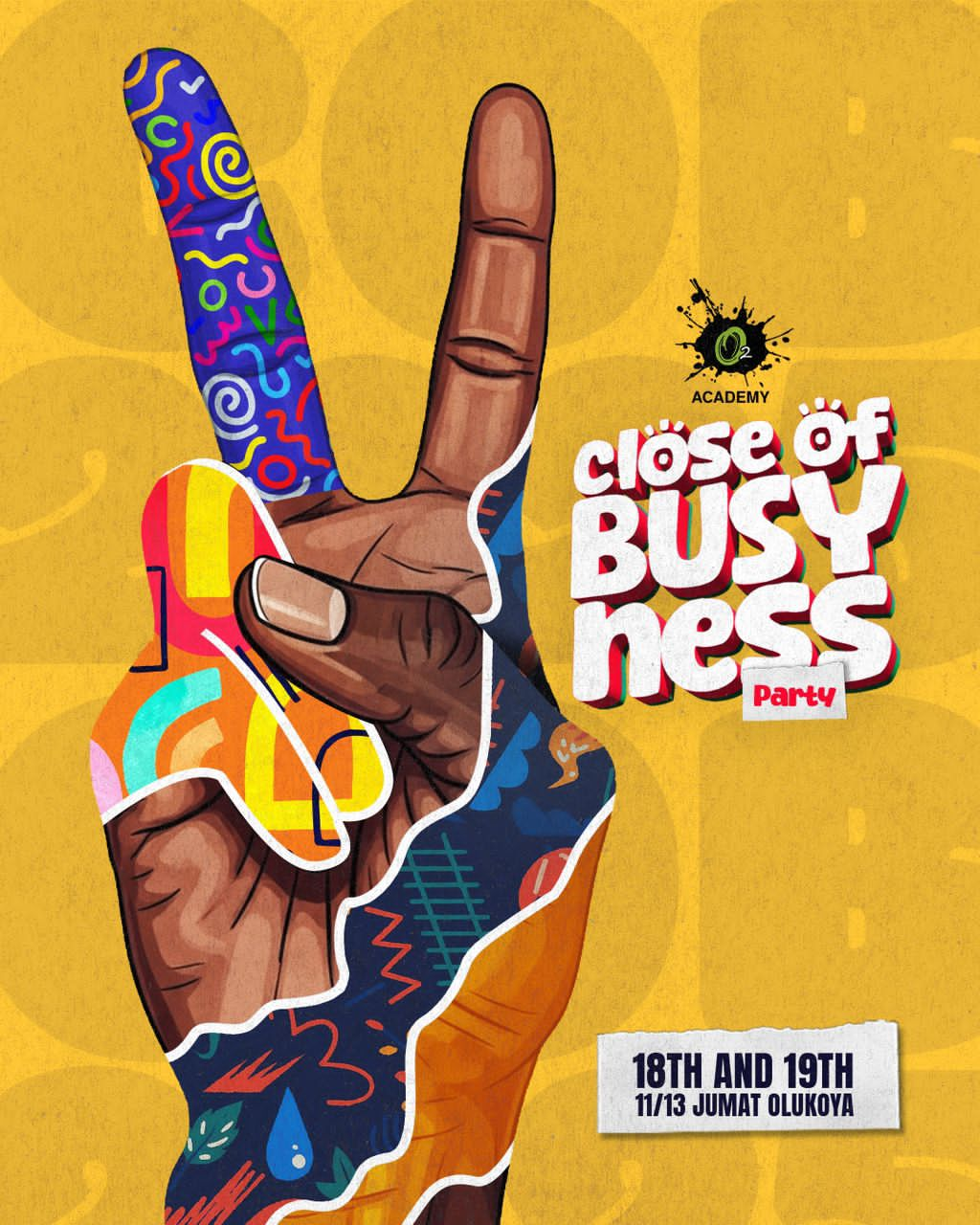By Felicia Nwosu
Prevention, they say, is better than cure. If any brand has had a playbook for the current situation, a pandemic crisis action plan was likely to have been on the radar for its survival. Though some organisations that were able to “think on their feet,” reacted and responded quickly, many others were caught unprepared. It goes without second-guessing therefore that it is those ‘thinking’ organisations that were best positioned to navigate the “new normal” successfully.
The COVID-19 pandemic is an unprecedented public health emergency affecting all countries worldwide, and its speed, global span, and widespread impact have made crisis management a top priority for many organisations. The devastating, economic impact of the pandemic has taught brands lesson that there is need for precautionary measures such as crisis action plan in terms of conducting contingency plan for various scenarios, particularly those focused around business continuity as it is critical to look ahead and consider the “what ifs”.
Speaking on the theme, “Brand Management Imperatives & Challenges in a Post-Recessionary Economy”, a Quarterly Virtual Summit recently organised by MARKETING EDGE, Yomi Badejo-Okusanya, the Group Managing Director, CMC Connect, indicated that the pandemic has indeed posed a lot of challenges to both service agencies and brands, adding that budget for both suffered significantly. He explained that while there was a huge drop in retainer-ship for marketing agencies resulting in loss of clients, brands on the other hand were cutting down man-power, CSR and various areas of their business in order to still remain afloat.
Badejo-Okusanya noted that the outbreak of Covid-19 has shown that organisations must have crisis action plans to quickly adapt to dramatically altered business environment, and develop strategies to manage change and sustain operations. According to him, for brands to be resilient in the face of crisis, they need to quickly formulate and implement strategies to protect themselves, maintain market share, retain value, protect supply chains, reinforce client relationships and, most importantly, protect their consumers.
The CMC Connect boss explained that his company was able to survive by adopting the multi-disciplinary innovation approach as a specialised agency, by creating some products that could attract the market based on timely research as well as crisis action plan done through a survey to help them stay ahead of the clients, while putting emphasis on the measurement and valuation for reference purposes.
“They should consider strategic priorities in the new environment – what it needs to focus on and what may need to be postponed. It must then consider, based on the crisis and business priorities, what the short and long-term impacts are on consumers, revenues, while some expenditure can be cut down.”
On his part, Preetesh Sewraj, CEO Loeries Africa and the Media East, pointed out that it’s a great thing if businesses learn to adapt in a volatile environment. “The two key things that we need to be able to succeed are the ability to create and ability to innovate. ‘Creativity’ because we find a way that we find strategy in the direction we need in order to find solutions to the challenges we are facing now and ‘innovation’ in order to create the tangible solutions we need in order to meet the challenges we are facing right now.”
He continued: “For us to take our organisations out of the current challenges, every single person needs to think of himself as a creator. In order to innovate, you should be able to create at high performance in the organisation. You can only achieve if you act, or else, it becomes a mere motivation. We need to take a look at the past, and also look at how other societies have used such challenges as their cornerstone to basically move forward.”
The Director Marketing & Communications, SSA, MasterCard, Ifeoma Dozie compared the pandemic with “the black Swan effect”, which was also an event in human history that was unprecedented and unexpected. While acknowledging that there has been a significant drop in GDP, organisation’s finances, return of investment, export, and consumers’ consumption behaviour over the past one year as a result of the impact of Covid-19 on the global economy, she noted that the impact has also affected the role of marketers within organisations. She said it is evident that marketers are facing challenges, and therefore need to take stock of changing paradigm over time both for now and future practitioners.
In managing crisis that came with the pandemic, she stated: “The role of marketers in time like this is to focus more on their loyal consumers by building their brands for longer term and creating a competitive advantage through platforms that can help build identity in the minds of consumers that can stand the test of time.”






Comment
No comments found.